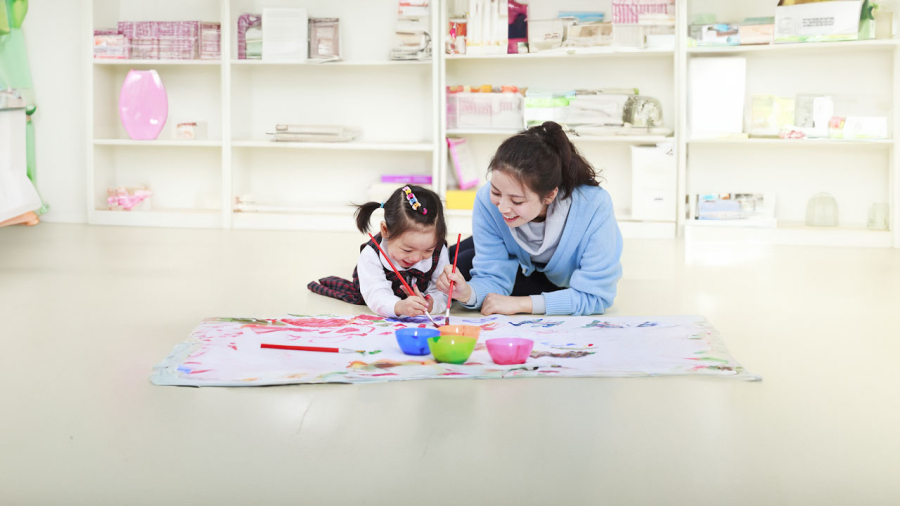Good Communication Skills
In an era where we can’t do business alone, communication skills are key to creating connections between people. This results in effective work, building more business relationships, and increasing personal credibility. Communication has extraordinary power, it can increase emotions or create division between people. Babies with good communication skills, who can connect well with others, will receive good love. Good communication with colleagues will result in efficiency in work coordination. Good social communication will create business relationships, creating success in convincing others.

Children between the ages of 6 and 12 may need parents’ help in learning how to express their thoughts and emotions. Parents can support their children in better communication by regularly chatting with them, listening, asking questions, encouraging them to write journals to enhance their language skills. Children can develop communication through parents frequently allowing them to participate in local clubs and meet more relatives and friends.
High Determination and Strong Execution
Children who have the ability to manage from an early age, have strong internal strength, and have core strength to achieve progress and achievements in their studies. Slow children tend to shine less if they are not regularly reminded and encouraged by their parents.
Children with high independence, self-motivation to fulfill their responsibilities will usually choose good goals and be determined to achieve their goals. As these children grow, they become more determined and persistent, which is one of the qualities of successful people.

To help children develop this habit from a young age, parents should also be an example for them. Instead of doing things slowly without clear self-set goals, you need to set goals for yourself and be determined to achieve them. This helps children learn from you and develop stronger internal strength for themselves. When you see your parents’ determination and goals, your children will also learn. When your child does something, guide and encourage them, avoid shouting reminders or complaints that cause discouragement for them.
Emotional Stability
Napoleon once famously said, “A person who can control their emotions is more powerful than a general who can conquer a city.”
Losing control of emotions is one of the characteristics of easily discouraged people. Many children tend to yell, easily lose their temper when things don’t go smoothly. That will make them stressed and give up. When working in a team, it will create negativity for teammates. That is the reason for failure. Emotional instability makes both children and those around them restless and exhausted.
This comes from how parents’ emotions are. Families where parents are also emotionally unstable will find it difficult to teach their children to maintain a stable attitude. Parents who easily get angry will make their children infected with this personality trait. Families where parents don’t love or are indifferent and cold towards their children will also make their children insecure.
Children with emotional stability tend to be calm and smarter. This is because their intellect is not influenced by chaotic emotions. When growing up, children with emotional stability will also handle issues more wisely. People with stable emotions will make those around them feel safer and more confident when cooperating, and that is the key to success.
Learning Tips for Parents: 12 Japanese Techniques to Use with Your Children
Discover the 12 principles of teaching children in the traditional Japanese way that parents can learn with Dien May XANH! By instilling these principles when your children are young, you can ensure that they grow up to be obedient, smart and polite, the hallmarks of a successful education in Japan.





































